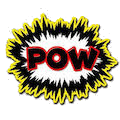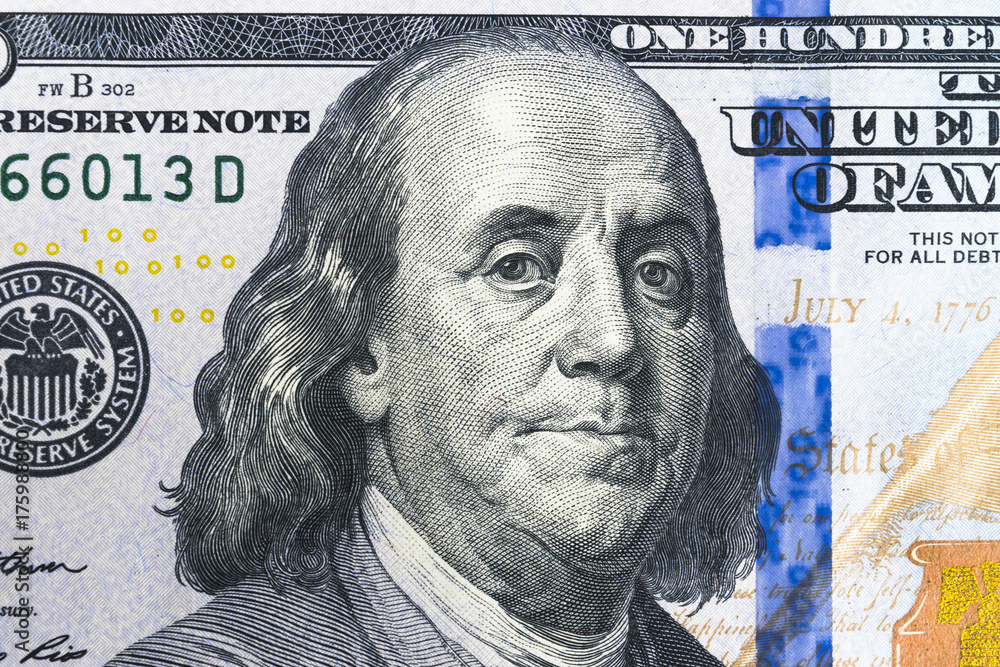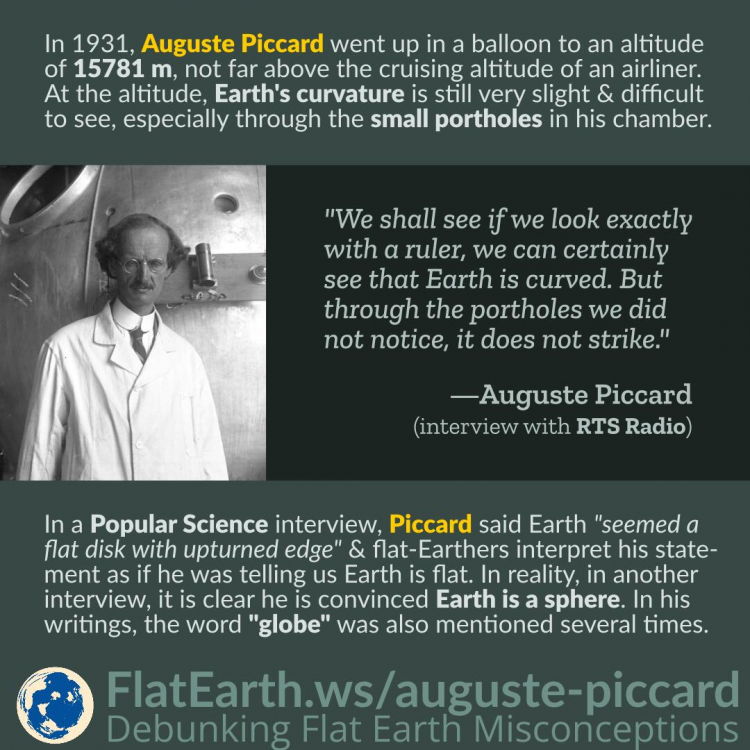Central banks’ purchases of gold, a recession and continued conflict in the Middle East could drive gold up to $3,000 an ounce and oil to $100 per barrel, according to Citi analysts.
Gold, currently at $2,016 an ounce, could surge by 50%, particularly if there is a global recession, Akash Doshi, Citi’s head of North America commodities research, told CNBC.
“The most likely wildcard path to $3,000/oz. gold is a rapid acceleration of an existing but slow-moving trend: de-dollarization across emerging markets and central banks that in turn leads to a crisis of confidence in the U.S. dollar,” Doshi wrote in a recent note.
That would prompt central banks to double their gold purchases, Doshi said.
Central banks, seeking to diversify reserves and reduce credit risk, have accelerated their gold purchases to record levels in recent years, Doshi and other analysts wrote.
China, Russia, India, Turkey and Brazil have been the biggest buyers of gold, with the World Gold Council reporting in January that in both 2022 and 2023, the world’s central banks purchased 1,000 net tons of gold and bullion.
“If that goes again [to] double very quickly to 2,000 tons, we think that we would be actually very bullish for gold,” Doshi said.
Since gold prices move in the opposite direction of interest rates, if the world falls into a recession and central banks cut rates, Doshi said, “That means the brakes have been cut—not to 3% but to 1% or lower. That will take us to $3,000.”
Since July 2023, the U.S. Federal Reserve Bank’s benchmark interest rate has been between 5.25% and 5.5%. This is the highest rate it has been since March 2000, when the dot-com bubble burst and the Fed’s benchmark rate shot up to 6%.
Another catalyst, though a low probability, according to the Citi analysts, would be stagflation, which is a combination of inflation, slow economic growth and rising unemployment.
Citi thinks there is a chance oil could hit $100 due to geopolitical risks, deeper OPEC+ cuts and supply disruptions from important oil-producing regions.
The analysts pointed to the Houthi attacks on oil tankers in the Red Sea, disruptions to oil production in Iraq, and rising tensions on the border between Israel and Lebanon.
Iraq, Iran, Libya, Nigeria and Venezuela are vulnerable to supply disruptions, Doshi said. Additionally, the U.S. might impose stiffer sanctions on Iran and Venezuela, and Ukraine could attack Russian oil refineries with drones.
Global benchmark Brent’s April futures are currently trading at $83.56 a barrel.


.jpg.11aa035c4f245ca1b69101395249dca7.jpg)














NOTHING YOU SEE HERE IS REAL
in Politics, 2nd Amendment (Gun Control)
Posted
No, you're supposed to believe whatever you feel comfortable with.
However, I've driven tankers with baffles and can categorically confirm that they don't eliminate uncontrollable movement of said vehicle. Fluids in motion are inherently unstable and uncontrollable. The process requires extreme care and total control of the vehicle.